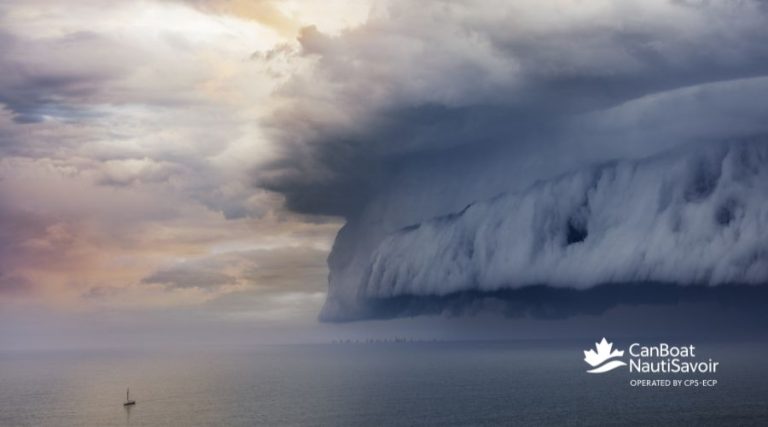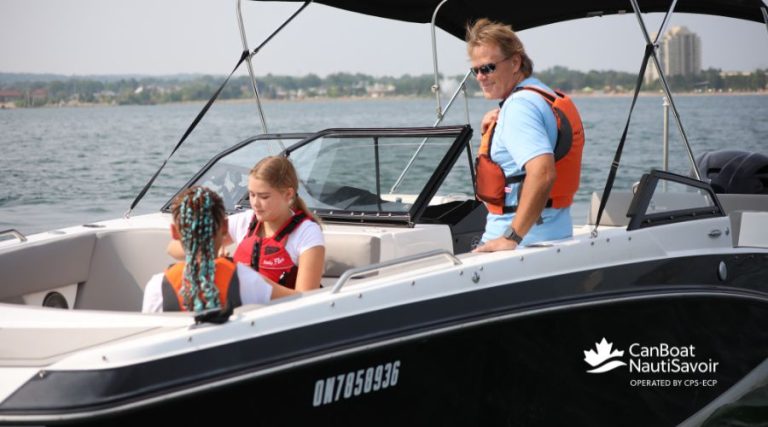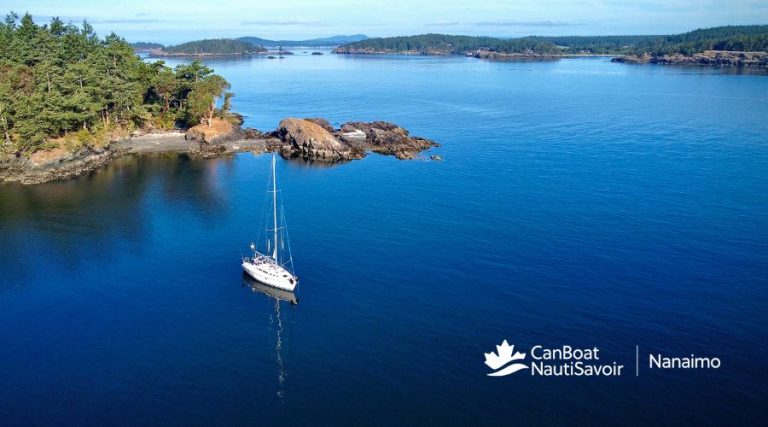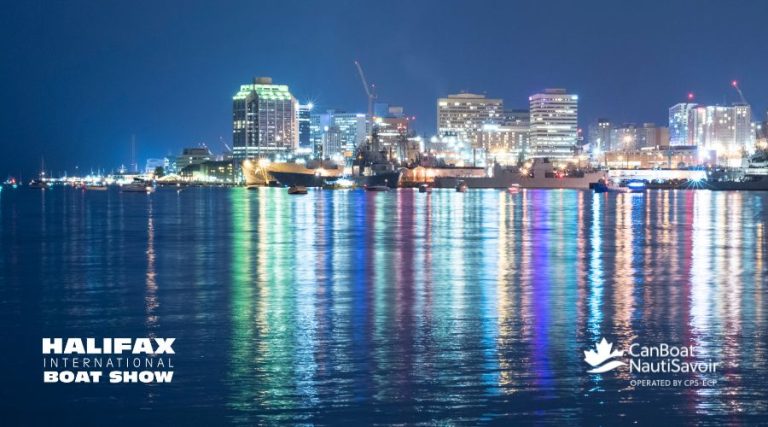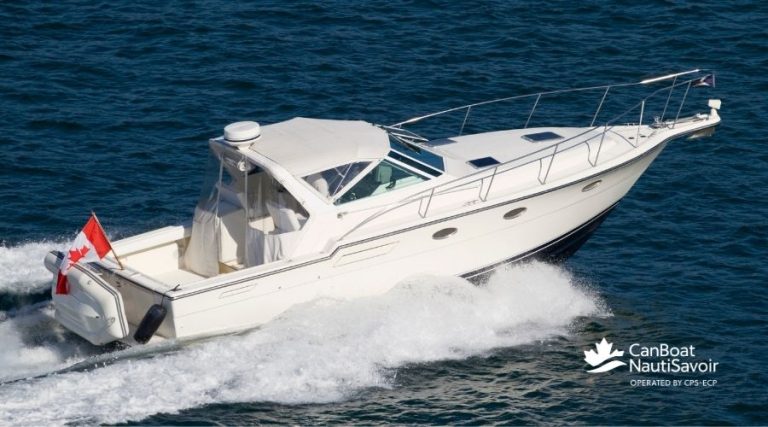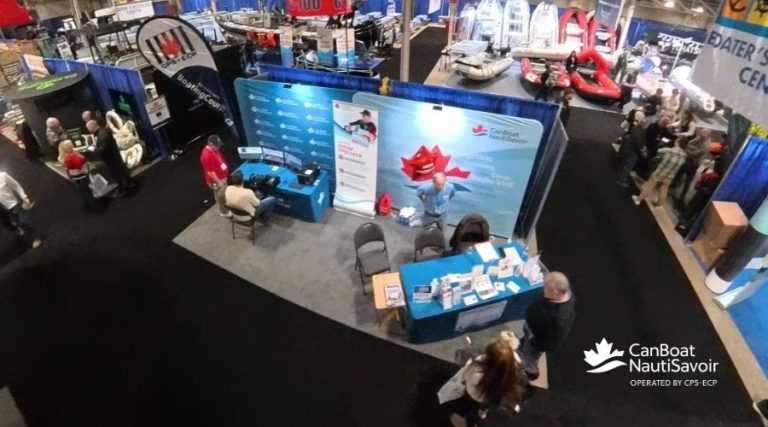New tutorial available for mariners to help protect whales in B.C. waters
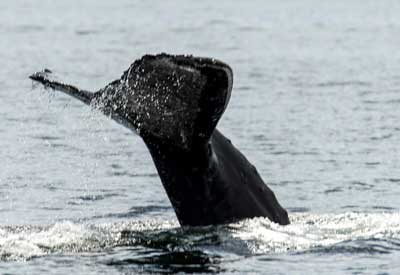
Feb 28, 2019
BC Ferries and the Vancouver Fraser Port Authority have launched a tutorial for mariners to build awareness of local whale species and how to identify them, and provide navigational strategies to reduce potential interactions between ships and whales in B.C. waters.
Marine traffic in our region is growing, and expected to continue to grow, due to increased population and trade. In recognition of the potential for more interactions between whales and ships, BC Ferries and the Vancouver Fraser Port Authority-led Enhancing Cetacean Habitat and Observation (ECHO) Program, in partnership with Ocean Wise, developed the tutorial called Whales in our Waters. This initiative complements other measures already in place in the region to reduce threats to at-risk whales.
Regional mariners, particularly those operating large vessels such as ferries, cargo ships or tug boats, are encouraged to complete the Whales in our Waters tutorial in advance of the summer season, when many whale species return to the Salish Sea to feed. Though geared towards mariners, the tutorial is also available to the general public on the Port of Vancouver website.
The Whales in our Waters tutorial covers a range of topics including the need to protect local whale species, tips for identifying and reporting them, and best practices to implement when navigating ships in their presence. BC Ferries and Washington State Ferries began integrating the tutorial into their internal crew training programs earlier this year.
“As professional mariners, we have the privilege of observing marine wild life every day, and with that privilege comes a responsibility,” says Captain Jan Brockhausen, BC Ferries’ Marine Superintendent. “Our presence in the great oceans need not impact any species’ ability to survive and it’s on all of us to ensure future generations continue to be wowed by these great mammals. Our hope is that mariners find value in this tutorial, and make good use of what they learn to support the marine ecosystem, which is so important to us all.”
The tutorial includes information on mariners’ legal obligations when encountering marine mammals and the benefits of reporting whale sightings which aids in future recovery and management plans for species at risk. The recovery and protection of at-risk whales, in particular the endangered southern resident killer whale population, is also one of the focus areas of the Government of Canada’s Oceans Protection Plan.
“We’re pleased to announce another successful collaboration with our partners that provides mariners with another resource to help them reduce effects on whales while navigating,” says Carrie Brown, director of environmental programs of the Vancouver Fraser Port Authority. “It’s just one more way we’re working to balance ship activity with the protection and recovery of at-risk whales in our region, through our ECHO Program.”
Additional contributors to the tutorial include the National Oceanic and Atmospheric Administration (NOAA), Fisheries and Oceans Canada, Seaspan Marine, Seaspan Ferries, Marine Education and Research Society (MERS), Canadian Coast Guard and Prince Rupert Port Authority. The tutorial references information found in the Mariner’s Guide to Whales, Dolphins, and Porpoises of Western Canada, which helps mariners identify marine mammals, their seasonal use of areas along the West Coast, and ways to reduce potential interactions. The guide was developed by Ocean Wise, in collaboration with the Prince Rupert Port Authority and the Vancouver Fraser Port Authority in 2017.
Links:
• Whales in our Waters tutorial
• Mariner’s Guide to Whales, Dolphins, and Porpoises of Western Canada
• Vancouver Fraser Port Authority
For media: Photo and video ‘B’ roll
About BC Ferries
BC Ferries is one of the largest ferry operators in the world and carries 22.0 million passengers and
8.7 million vehicles per year. BC Ferries provides frequent year-round ferry transportation services to the west coast of Canada on 25 routes, currently supported by 35 vessels and 47 terminals, and also manages other remote routes through contracts with independent operators. BC Ferries moves more than $8 billion of cargo in coastal B.C. on more than 174,000 sailings each year.
BC Ferries has three Simulation Training Centres (STC) for its employees at Swartz Bay, Tsawwassen and Departure Bay. The visual database covers the B.C. coast from Victoria to Prince Rupert including all BC Ferries’ terminals and routes. The STC deliver navigation and bridge team training programs that are specific to BC Ferries’ operating area. Techniques and procedures to share the ocean space with whales is part of BC Ferries’ training.
About the Vancouver Fraser Port Authority
The Vancouver Fraser Port Authority is responsible for the stewardship of the federal port lands that make up the Port of Vancouver. The Port of Vancouver is Canada’s largest, and the third largest in North America by tonnes of cargo, facilitating trade between Canada and more than 170 world economies. Located in a naturally beautiful setting on Canada’s west coast, the port authority and port terminals and tenants are responsible for the efficient and reliable movement of goods and passengers, integrating environmental, social and economic sustainability initiatives into all areas of port operations. Enabling the trade of approximately $200 billion in goods, port activities sustain 115,300 jobs, $7 billion in wages, and $11.9 billion in GDP across Canada.
About the Enhancing Cetacean Habitat and Observation (ECHO) Program
The ECHO Program is a collaborative research and management initiative led by the Vancouver Fraser Port Authority with the input and advice of government agencies, marine industry, First Nations individuals, environmental and conservation organizations, and scientific experts. It was developed to better understand the cumulative effects of shipping activities on at-risk whales throughout the southern coast of British Columbia. The long-term goal for the ECHO Program is to develop voluntary measures that will lead to a reduction in threats to whales from shipping activities.

